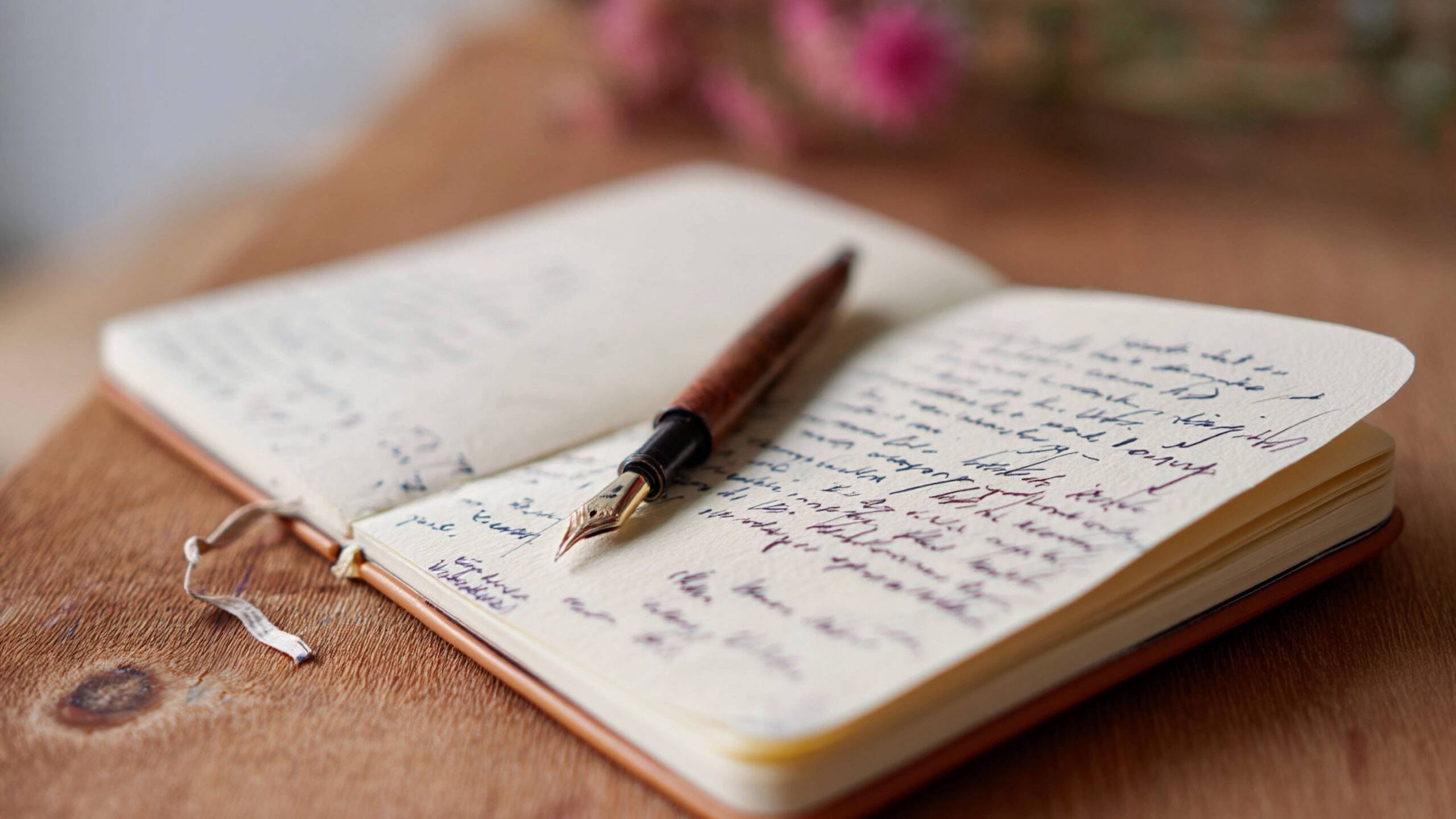The Nobel Story: A riddle of legacy
Each October, the Nobel Prize Committee announces laureates in peace, literature, science, and economics. The names are secret until the announcements, but the legacy of Alfred Nobel is anything but hidden.
Nobel once described himself in a poem: “You say I am a riddle – it may be. For all of us are riddles unexplained.” His life indeed carried contradictions. An engineer and inventor, Nobel developed dynamite and other explosives that revolutionized industry and fueled destruction. By the end of his life, he held 357 patents, including one for gelignite, a substance even more powerful than dynamite.
Despite his inventions of war, Nobel left his fortune – 94 percent of his assets – to establish prizes honoring discoveries and efforts that benefit humanity. Today, the Nobel Prize symbolizes achievement and hope.
Why would a man who created tools of death devote his legacy to peace? One theory comes from an unusual source: a mistaken obituary. When Nobel’s brother died, a newspaper published Alfred’s obituary instead, calling him “the merchant of death.” Confronted with how history might remember him, Nobel changed course.
That single moment gave him a glimpse of his legacy and an opportunity to rewrite it.
The story of you — who will tell it?
Most of us won’t read our own obituary in advance. But like Nobel, we can imagine how others will tell our story when we’re gone.
Your legacy isn’t just what you own or donate, it’s the story others tell about your values, your choices, and the difference you made. Family members, friends, and even casual acquaintances will become the storytellers of your life.
The question is: do you want to leave that story to chance, or will you guide it?
Questions to define your legacy
First, look back at your life:
- What highs and lows stand out?
- What mattered most? What experiences, events, or giving shaped you?
- What single event, experience, or gift would others say influenced your journey?
Second, connect your story to your giving:
- How did those highs and lows motivate your giving interests?
- Which experiences or causes mattered most to you?
- How did they shape your decisions and actions?
Write down or record your answers. If you’d like extra guidance, my book The Gift of Giving can help you define your personal legacy more clearly. You can find it HERE.
Share what you’ve written with family members, trusted friends, or advisors. These conversations can transform private reflections into shared understanding. They also help ensure your values are carried forward as part of your legacy—rather than left for others to interpret.
Don’t wait—Start living your legacy now
What if you don’t like the answers to those questions? That realization is not an ending, it’s a beginning.
You have the power to shape your legacy every day. Look closely at the kind of stories you want told about you. Then live into them now. If generosity, fairness, or courage are values you want to be remembered for, make them part of your daily decisions.
Alfred Nobel couldn’t change the past, but he could redirect his future. His legacy became one of peace, progress, and recognition of human achievement, not just explosives and destruction.
Yours can too.
Your giving legacy doesn’t have to be grand or global. It simply has to be intentional. The people in your orbit – family, friends, and community – will carry your story forward. Start by telling just one story — to your family, a close friend, or even to yourself on paper. That story becomes the first chapter of your legacy, lived and shared today.
Please feel free to submit ideas/questions for future posts.
© Copyright 2025. Dawn Franks. All rights reserved.


